Sudan’s Western region is firmly in the Red Zone; the Foreign Office advises ‘against all travel’ and Darfur is associated with genocide, violence and despair. But Sudan is in transformation; thirty years of dictatorship have been overthrown by popular uprising and the country is struggling to emerge from military rule. Street protestors cry ‘Madania!’ – Arabic for ‘Civilian!’ – asserting their right to a new inclusive, civil society that is peaceful, diverse and free.
Darfur remains on the edge of all this; a marginalised province that balances on a political, climatic and cultural knife-edge. Touching down in Nyala, the capital of South Darfur, I was half-expecting to find a charred landscape inhabited by the battered victims of violence, ethnic cleansing and climate change. Instead I stepped out into fresh, clear air; into a world of spectacular beauty, with a rich, colourful, vibrant culture. A world of dignity, warmth, pride and hospitality.
I was in Darfur to help develop digital content for Nyala museum, which re-opened last year having been closed since 2006. Working with an international team, under the direction of the Sudanese Ministry of Culture, we are training local museum staff, filmmakers and photographers, to help create a celebration of Darfur’s rich cultural diversity.
Given the problems facing Sudan, and in particular, Darfur, a museum might seem to last thing this place needs. Darfuris face hunger, malnutrition, violence and oppression on a daily basis. The UN’s World Food Programme feeds half a million people from Nyala. But alongside all these catastrophes is a corresponding hunger to celebrate. Despite everything that has happened here, there is still a desire to come together and assert the strength and uniqueness of their existence – dignity, diversity, community, creativity – all of these persist and endure.
In some ways a Museum is just what Darfur needs – a shared civil space in which all the tribes can celebrate their identities, reminding each other, the world and themselves of the unique and enduring nature of their cultures.
To contribute to this process is a huge and humbling privilege.


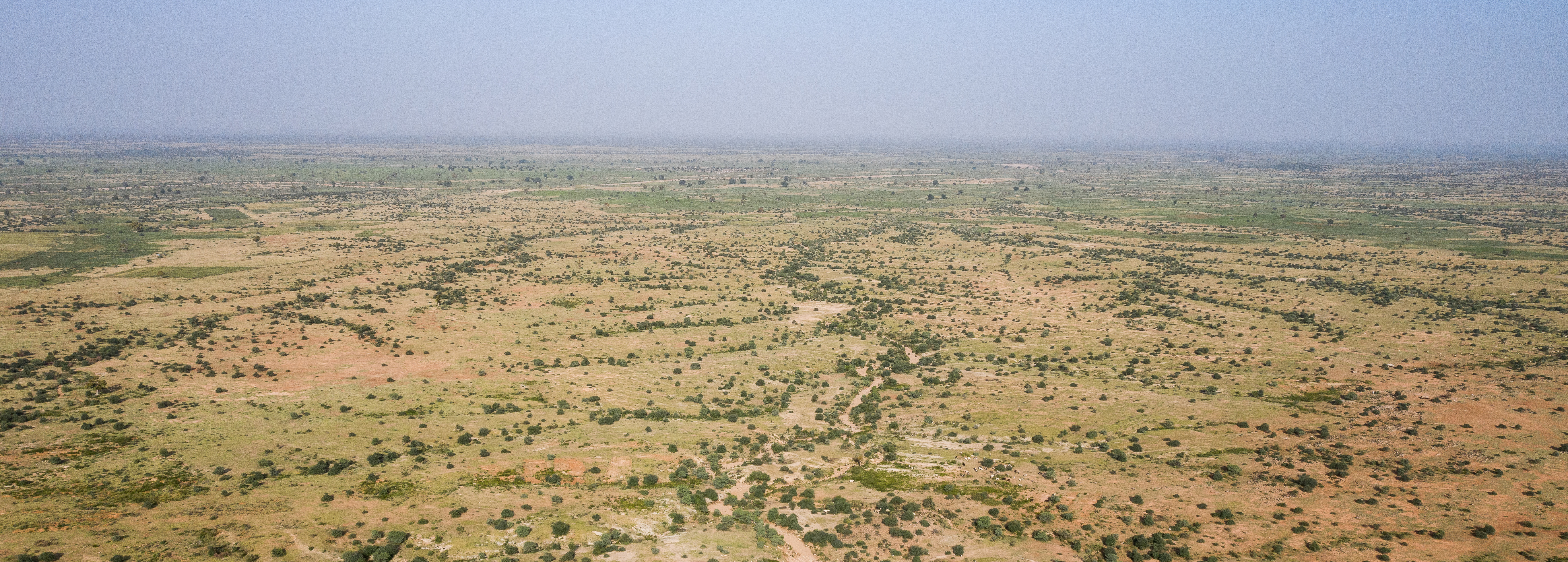
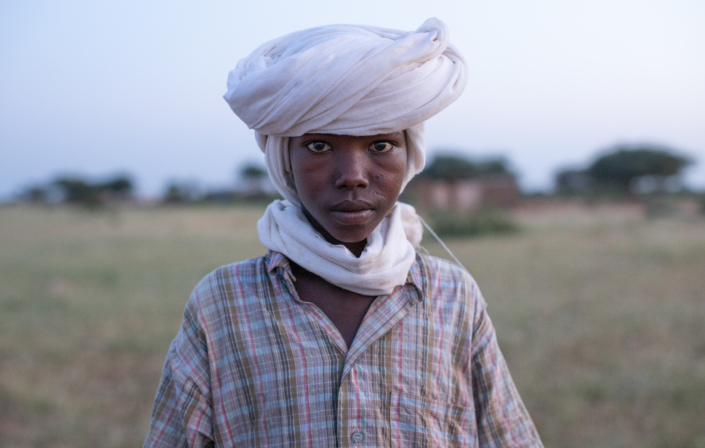
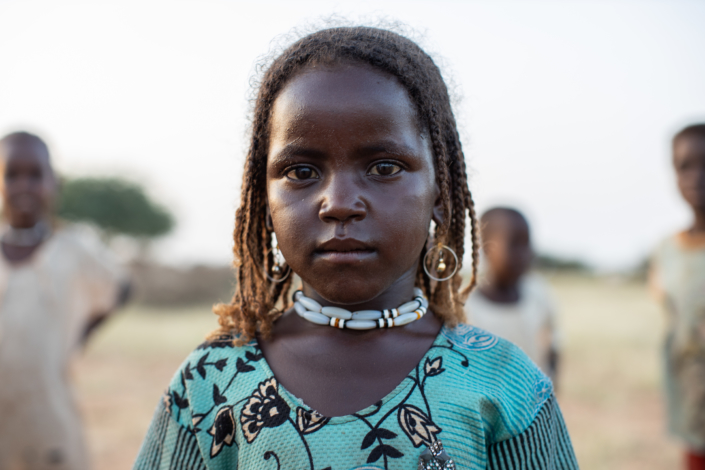
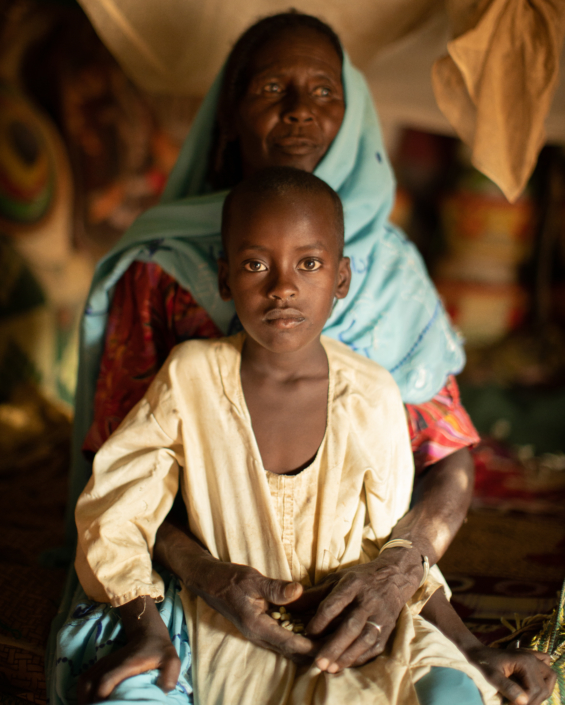
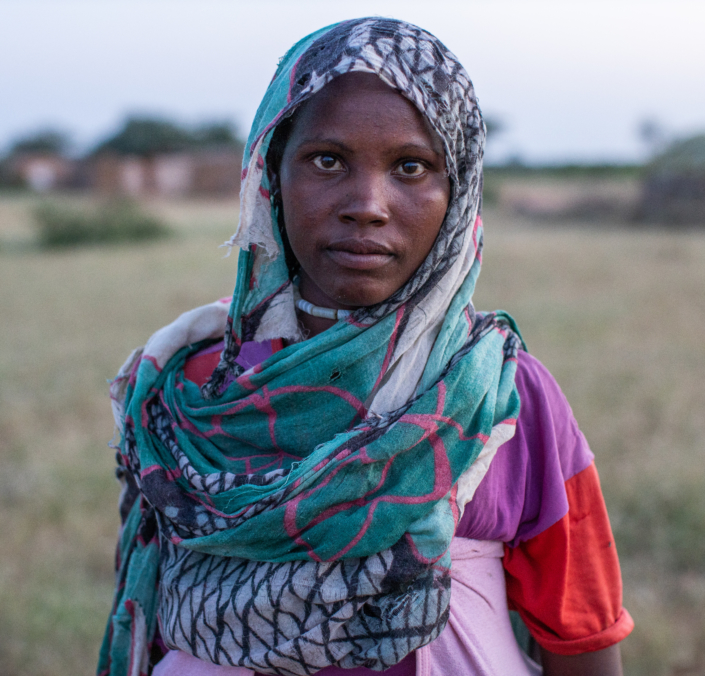
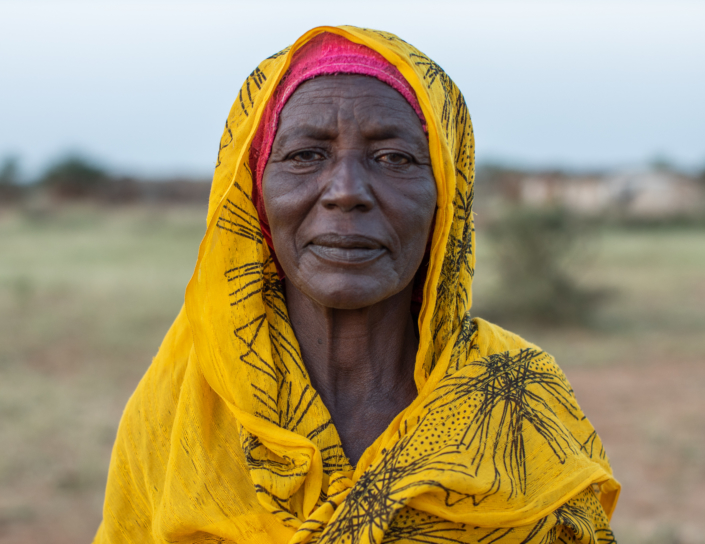
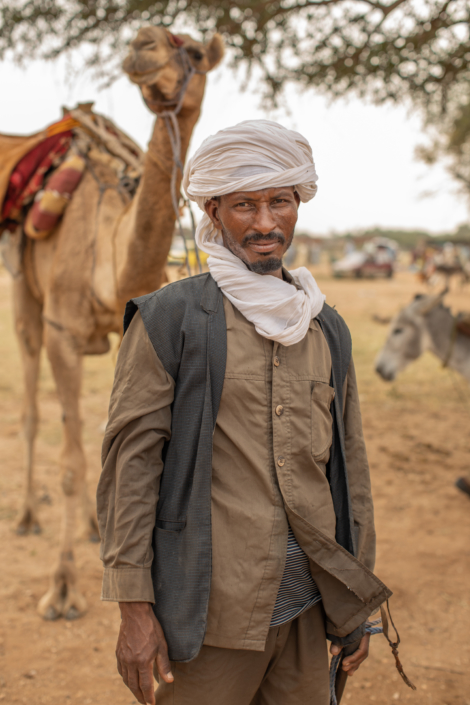
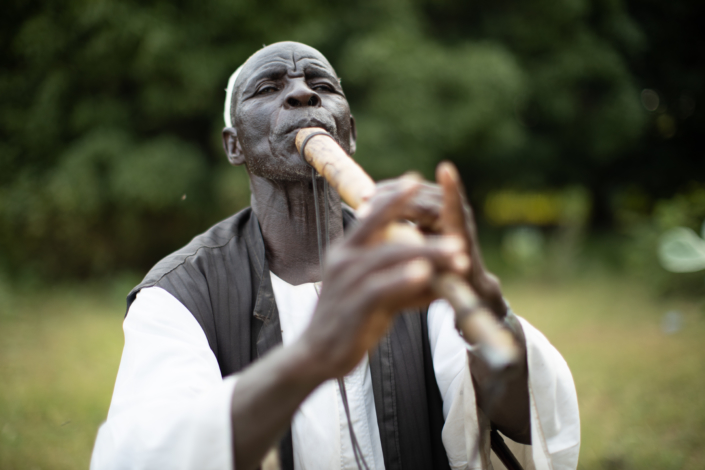
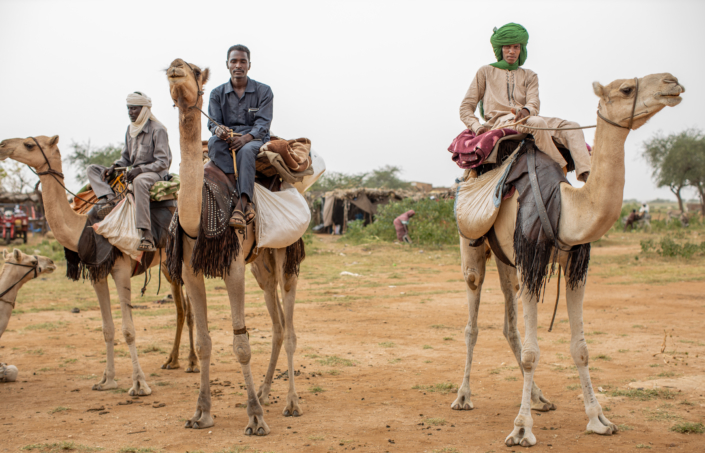
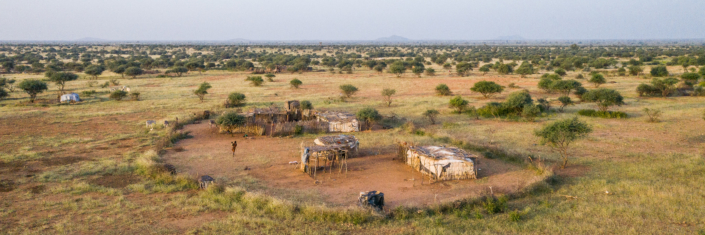
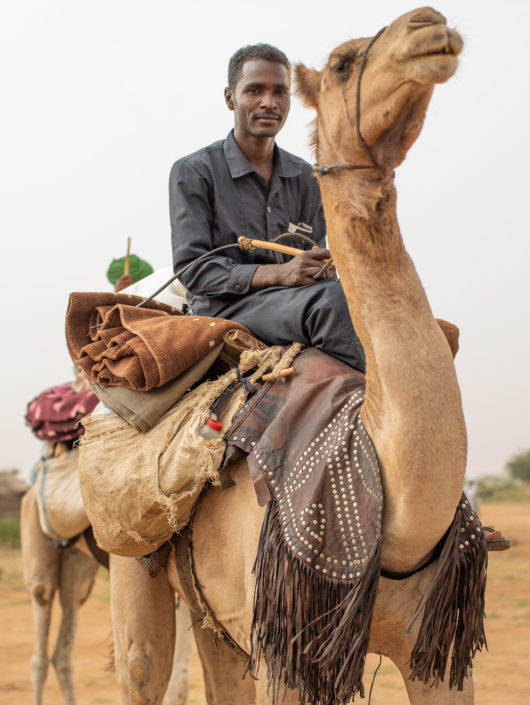
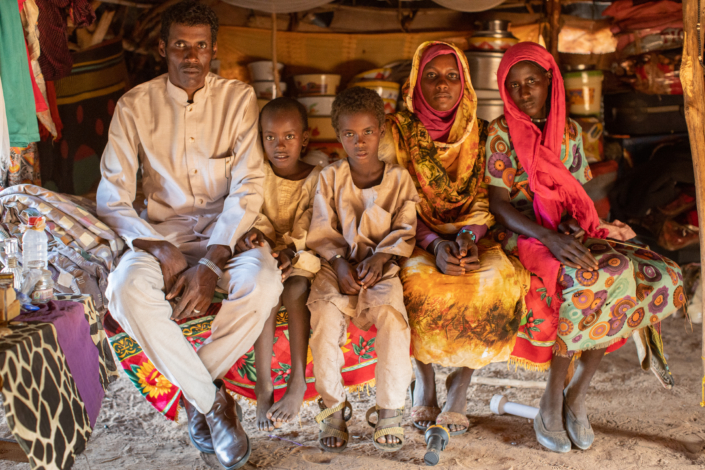
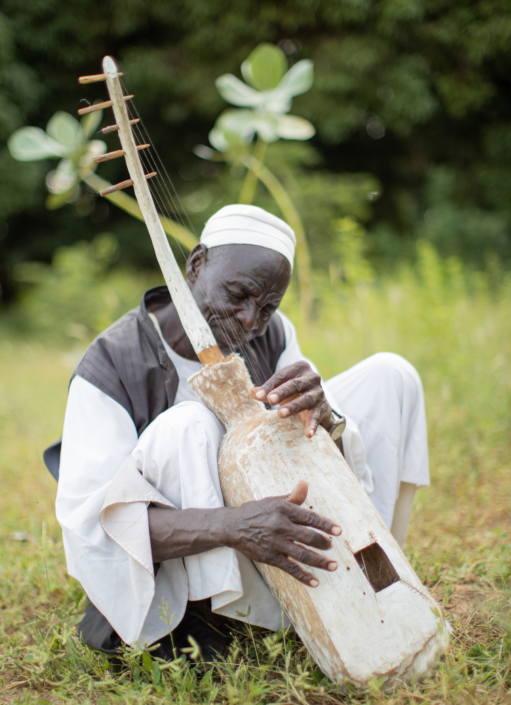
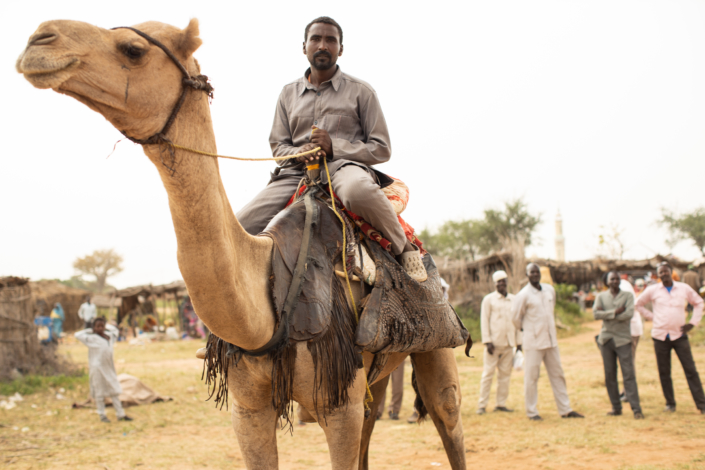
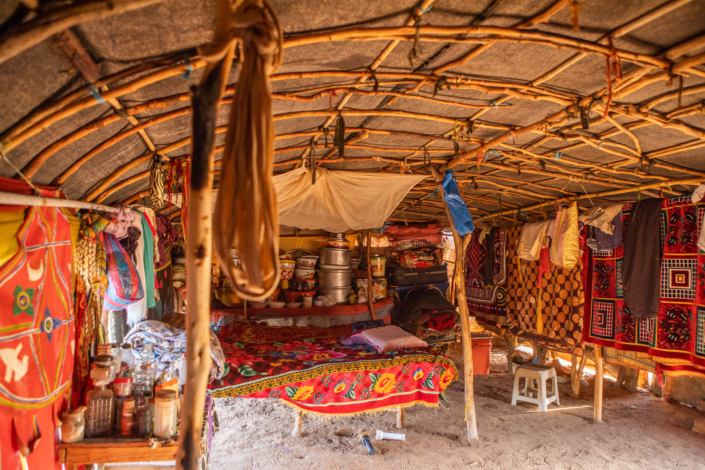
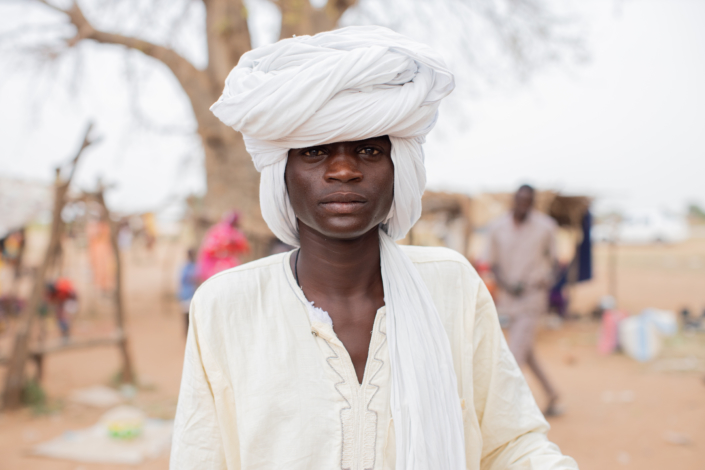
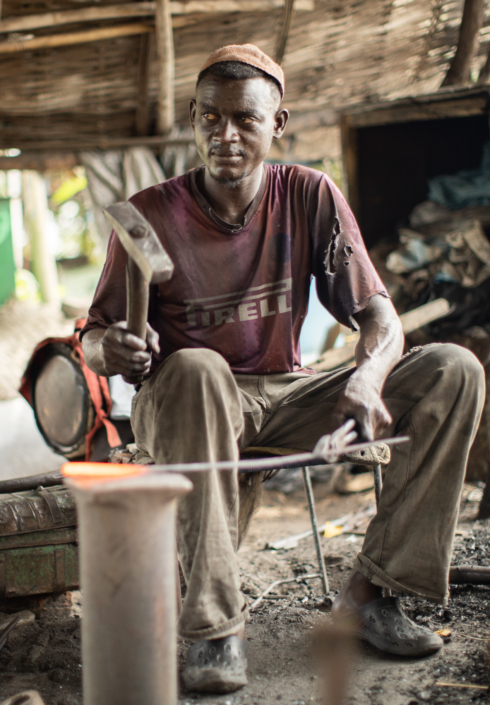
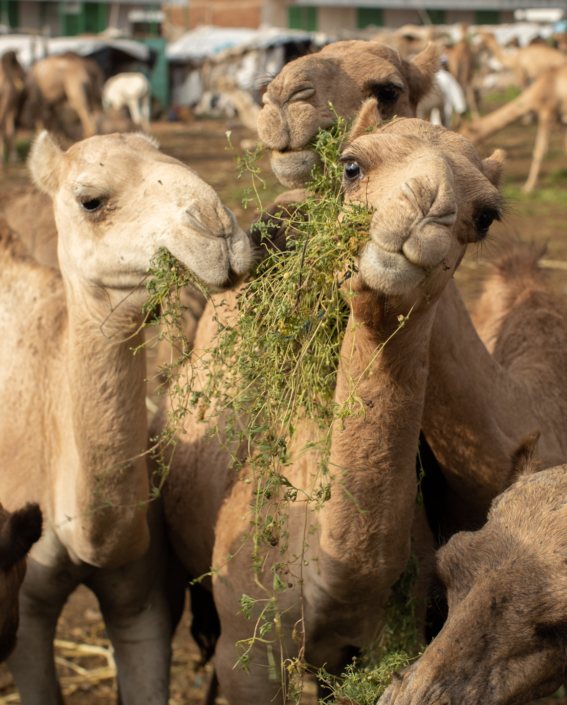
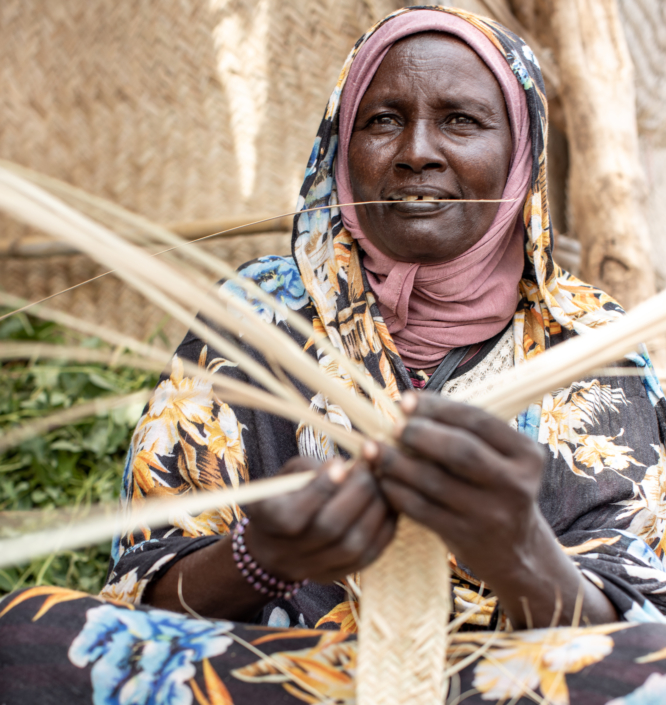

Share this entry